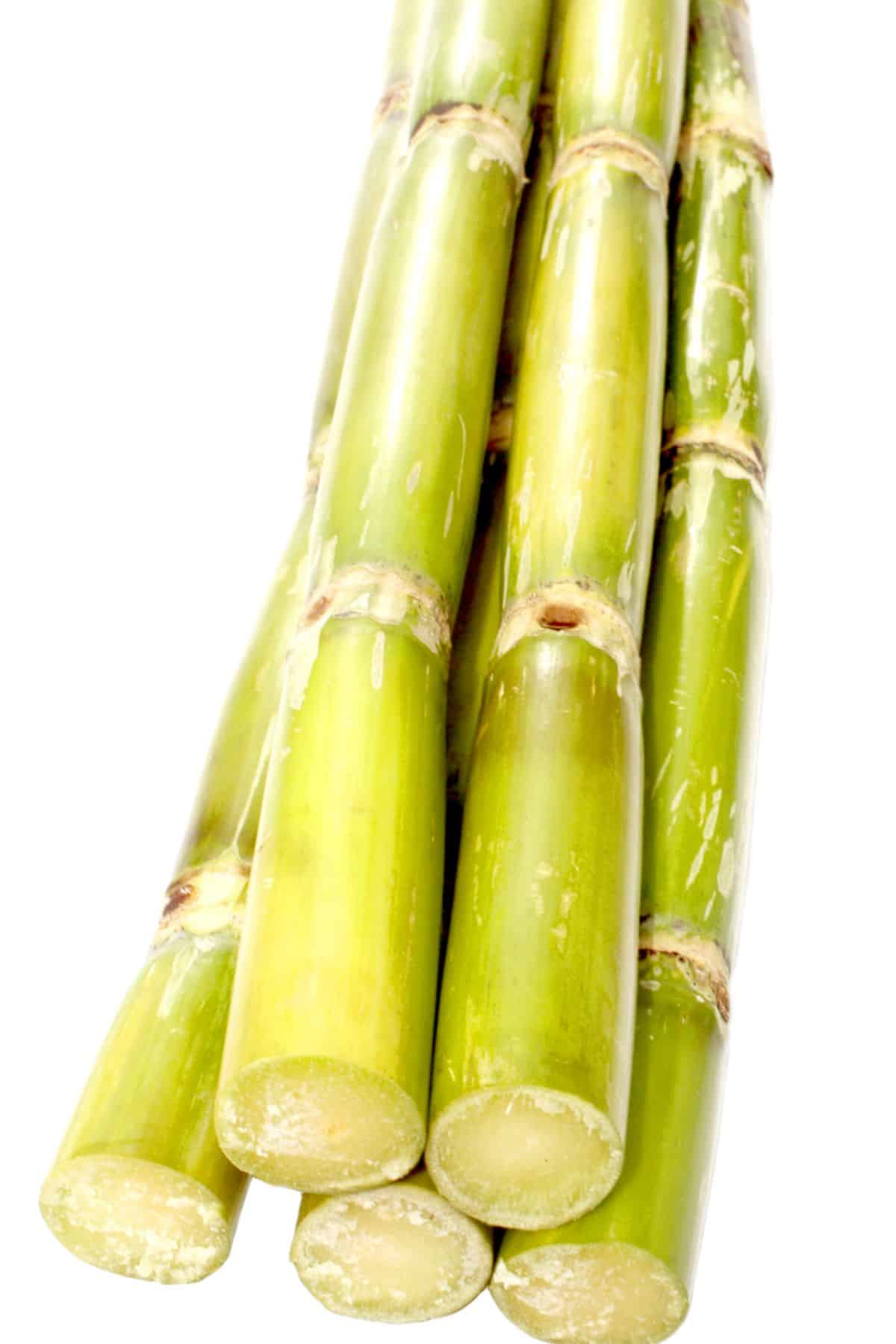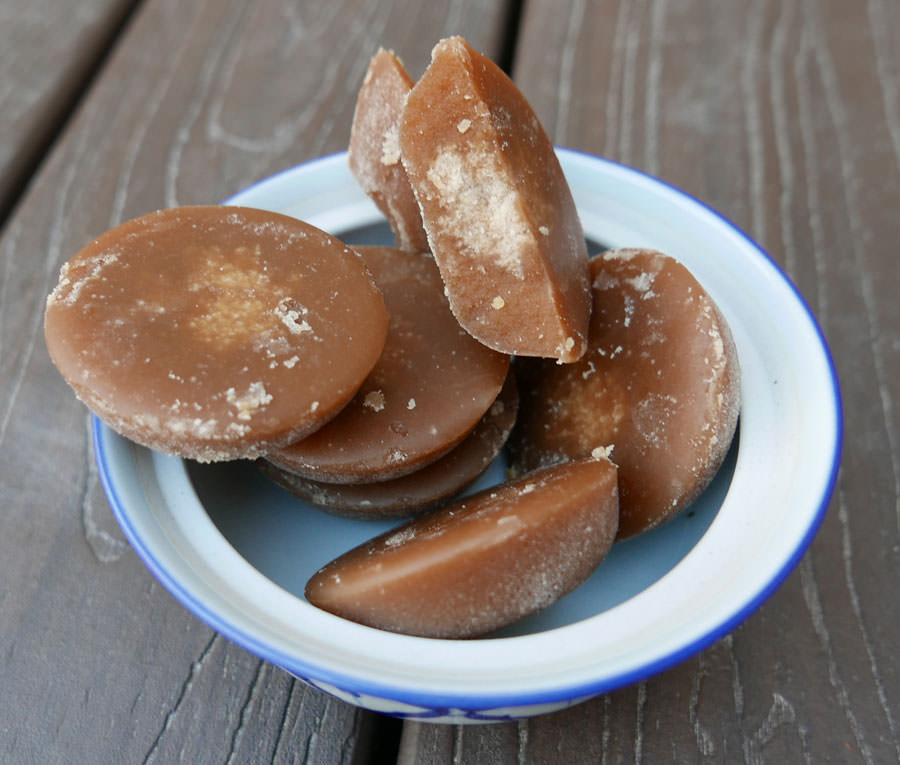The Science Behind Cane Sugar Processing: How Sweetness is Fine-tuned
The Science Behind Cane Sugar Processing: How Sweetness is Fine-tuned
Blog Article
A Thorough Overview of the Health and Economic Ramifications of Cane Sugar Processing on Neighborhood Communities
Walking stick sugar handling plays a pivotal function fit the financial landscape of regional communities, providing work opportunities and boosting secondary industries. However, the health ramifications connected with high sugar usage can not be neglected, as they add to climbing prices of excessive weight and diabetes. This nuanced dynamic invites a critical assessment of exactly how neighborhoods can enhance financial gains while addressing journalism health and wellness challenges they encounter. The expedition of academic campaigns and sustainable techniques might simply hold the secret to fixing up these contrasting interests. What strategies might areas carry out to achieve this balance?
Economic Advantages of Cane Sugar Handling
Cane sugar handling uses significant financial benefits that expand beyond the instant agricultural industry. The growing and handling of sugarcane produce numerous task opportunities, from farming to manufacturing and distribution. This employment generation not just supports regional economic climates but likewise promotes neighborhood development by supplying secure revenue sources for households.
Additionally, the sugar sector boosts supplementary services, including transport, equipment supply, and packaging solutions (Cane Sugar Processing). As these fields grow, they add to an extra robust economic structure, boosting overall neighborhood durability. The export capacity of processed walking cane sugar further enhances economic advantages, placing regions as competitive gamers in worldwide markets
Investment in contemporary processing centers can result in enhanced performance and efficiency, thereby minimizing waste and maximizing resource use. This change not only benefits the neighborhood economic climate yet also supports sustainability efforts by lessening ecological impacts.
Additionally, the profits created from walking stick sugar processing can be reinvested in regional facilities, education and learning, and healthcare, promoting holistic community growth. In general, the financial benefits of walking stick sugar handling are complex, giving a structure for sustaining success in agricultural regions.
Wellness Threats Connected With Sugar Consumption
Excessive sugar consumption poses significant health risks that warrant serious attention. High intake of sugarcoated, especially from refined drinks and foods, has been linked to many health complications. Among one of the most pressing issues is weight problems, as sugary diets add to a raised calorie intake without providing important nutrients. This excess can lead to metabolic problems, consisting of type 2 diabetes, which has actually ended up being increasingly widespread in both children and grownups - Cane Sugar Processing.
Moreover, high sugar intake is connected with cardio illness. Raised blood sugar levels can bring about insulin resistance, a forerunner to numerous heart-related issues. Furthermore, sugar can have detrimental impacts on oral wellness, resulting in tooth cavities and periodontal condition, as germs in the mouth grow on sugar, generating acids that wear down tooth enamel.
Moreover, arising study recommends a prospective web link in between high sugar consumption and psychological health and wellness conditions, such as depression and anxiety. As areas come to grips with these health and wellness threats, it becomes necessary to advertise recognition and encourage healthier nutritional selections. Dealing with sugar usage is vital not only for private wellness yet additionally for the overall wellness of neighborhood areas, stressing the need for detailed public wellness approaches.
Ecological Influences of Sugar Production
Frequently neglected in discussions about sugar's effects is the significant environmental impact of sugar manufacturing. The growing of sugarcane commonly demands considerable land usage, bring about deforestation, loss of biodiversity, and interruption of neighborhood ecological communities. The conversion of forests and wetlands into sugar plantations can lead to habitat destruction, harmful various varieties and changing ecological equilibrium.
In addition, sugar production is resource-intensive, consuming significant amounts of water for watering. This can lead to depletion of local water resources, negatively affecting both farming techniques and neighborhood access to clean water. Furthermore, using chemical plant foods and chemicals in sugarcane farming can add to dirt degradation and water air pollution, as overflow from these chemicals gets in neighboring rivers and lakes, affecting aquatic life and human health.
The environmental impact includes the handling stage, where power look these up consumption and waste generation more intensify environmental issues. Air pollution from shedding sugarcane areas, in addition to greenhouse gas exhausts, add to environment change. Therefore, the ecological implications of sugar manufacturing warrant serious factor to consider, advising stakeholders to adopt even more lasting practices to mitigate these negative effects on regional communities and areas.
Work Development and Area Development
The ecological difficulties postured by sugar production are usually reversed by its potential for economic advantages, specifically in work creation and neighborhood growth. The cane sugar industry works as a substantial source of work in many rural areas, supplying work throughout numerous skill levels, from agricultural labor to handling and circulation roles. This employment not only sustains specific families but also adds to the overall economic vitality of local neighborhoods.
In addition, the facility of sugar handling centers stimulates supplementary services, such as transport solutions, tools supply, and maintenance service providers. As these companies prosper, they produce added work and bolster local economies. The profits created from the sugar sector likewise causes raised tax revenues, which can be reinvested right into social work such as medical care, education and learning, and framework advancement.
Moreover, the sugar sector usually engages in community advancement initiatives, such as supporting neighborhood institutions and wellness programs, consequently enhancing the lifestyle for citizens. By fostering solid community connections and promoting financial growth, the walking stick sugar processing sector plays a crucial role in uplifting regional populations, making it an important part of sustainable advancement approaches in sugar-producing areas.
Harmonizing Health and Economic Development
In navigating the intricacies of cane sugar handling, a critical challenge depends on stabilizing wellness considerations with economic development. The sugar market dramatically contributes to regional economic situations by generating tasks, stimulating related markets, and increasing tax obligation profits. Nevertheless, the wellness implications related to extreme sugar intake can lead to chronic illness such as weight problems, diabetes, and cardiovascular issues, which can concern public wellness systems and decrease workforce efficiency.

Additionally, governing frameworks can play a crucial role in assisting market techniques towards even more health-conscious and lasting approaches. By fostering cooperation between federal government bodies, health and wellness companies, and the sugar market, communities can navigate the dichotomy of health and economic growth, ensuring that the benefits of walking stick sugar processing are equitably shared while focusing on public health and wellness.
Final Thought
In verdict, the handling of cane sugar provides both significant economic advantages and notable health and wellness dangers for regional neighborhoods. While it promotes job creation and stimulates regional growth, the affiliated health worries, especially concerning weight problems and diabetes, necessitate a careful balancing act. By advertising accountable consumption and investing in area education and learning and sustainable methods, it is possible to make best use of financial advantages while reducing unfavorable wellness results, thereby making certain a healthier future for local populations.
Additionally, sugar can have destructive impacts on oral wellness, resulting in dental caries and gum tissue illness, as bacteria in the mouth prosper on sugar, producing Homepage acids that erode tooth enamel.
Addressing sugar intake is vital not only for private health yet likewise for the total wellness of regional communities, stressing the need for thorough public health and wellness strategies.
Regularly neglected in conversations about sugar's effects is the substantial environmental effect of sugar manufacturing. The health and wellness implications connected with extreme sugar usage can lead to chronic conditions such as excessive weight, diabetes, and cardio important source issues, which can burden public health and wellness systems and reduce workforce performance.

Report this page